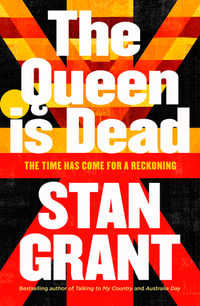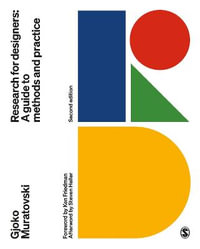
The Economics of Science
A Critical Realist Overview: Volume 1: Illustrations and Philosophical Preliminaries
By: David Tyfield
Paperback | 21 November 2011 | Edition Number 1
At a Glance
FREE SHIPPING
Paperback
$124.79
Aims to ship in 7 to 10 business days
ISBN: 9780415688796
ISBN-10: 0415688795
Series: Ontological Explorations (Routledge Critical Realism)
Published: 21st November 2011
Format: Paperback
Language: English
Number of Pages: 234
Audience: College, Tertiary and University
Publisher: ROUTLEDGE
Country of Publication: GB
Edition Number: 1
Dimensions (cm): 23.11 x 15.49 x 1.78
Weight (kg): 0.43
Shipping
| Standard Shipping | Express Shipping | |
|---|---|---|
| Metro postcodes: | $9.99 | $14.95 |
| Regional postcodes: | $9.99 | $14.95 |
| Rural postcodes: | $9.99 | $14.95 |
How to return your order
At Booktopia, we offer hassle-free returns in accordance with our returns policy. If you wish to return an item, please get in touch with Booktopia Customer Care.
Additional postage charges may be applicable.
Defective items
If there is a problem with any of the items received for your order then the Booktopia Customer Care team is ready to assist you.
For more info please visit our Help Centre.























